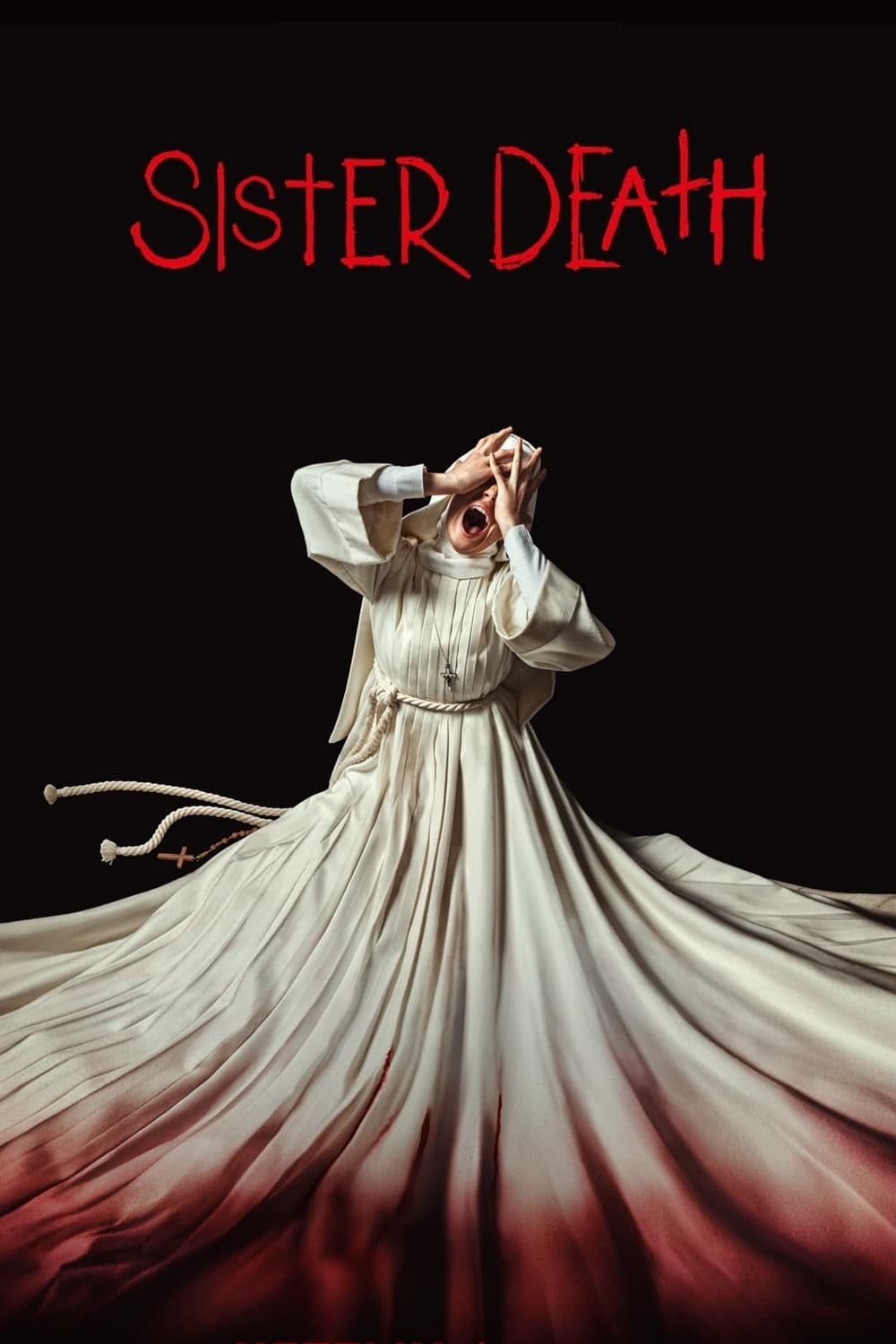
Spain, 1949. Narcisa, a novice, arrives at an old convent, converted into a girls' school, to work as a teacher.
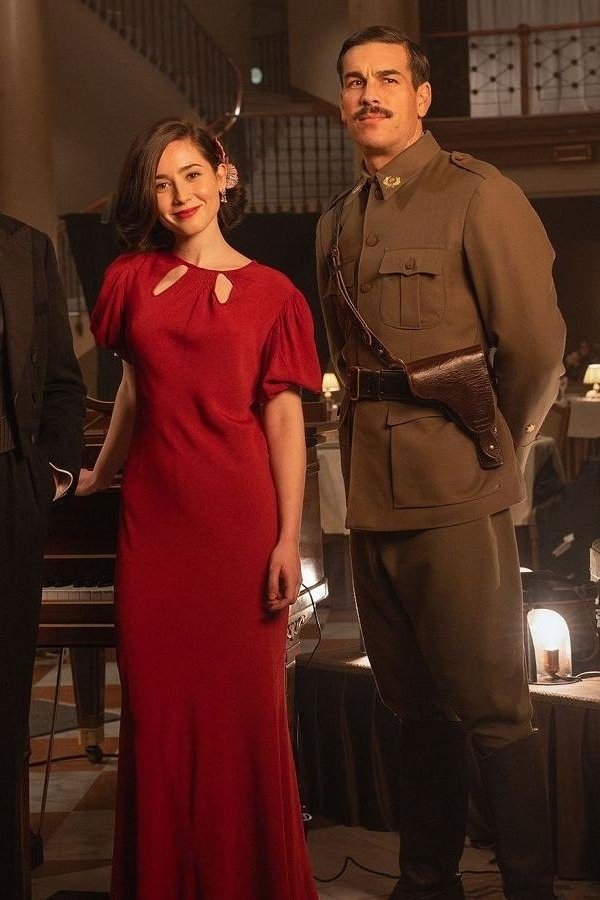
Spain, April 15, 1939. With the Civil War concluded, and with the intention of celebrating his victory, General Franco attends a dinner with his generals at the Palace Hotel.
Much more than just the world's largest Cross: the Valley of the Fallen [Valle de los Caídos] is history carved in stone. It's the Basilica, the abbey, the College-Choir School, the guesthouse. Besides being a place of worship, since 1958 it has been home to about twenty Benedictine monks. Some of the first ones still live there. It also housed, until 1982, the Centro de Estudios Sociales [Center for Social Studies]. All of this is now under threat. This documentary aims to shed light on the history and significance of the Valley of the Fallen, explaining when, how, and why it was built, while debunking the main myths surrounding it.
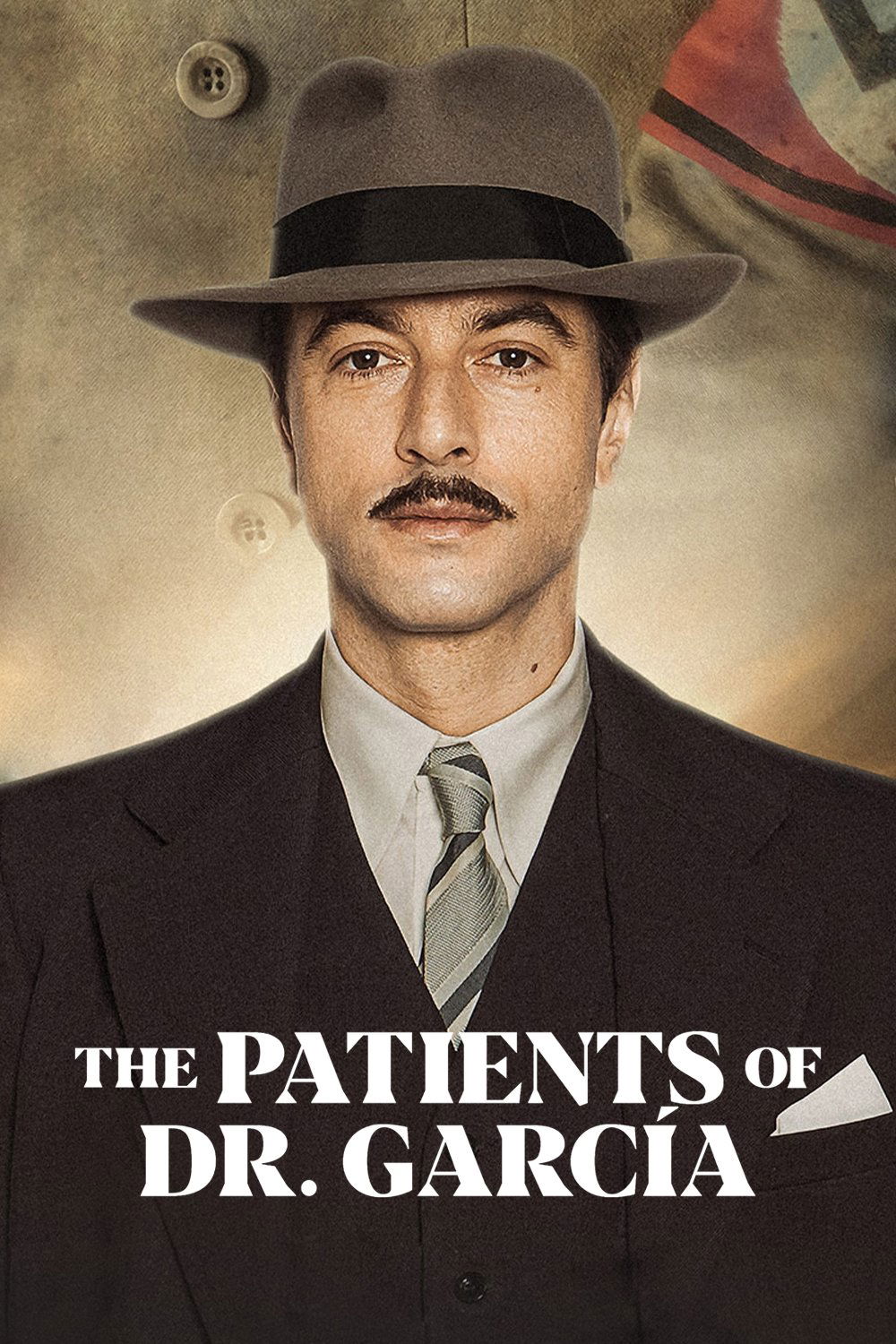
In 1936 Madrid, an idealistic doctor's life changes forever when he shelters a wounded spy and joins a decades-long fight against the spread of fascism.
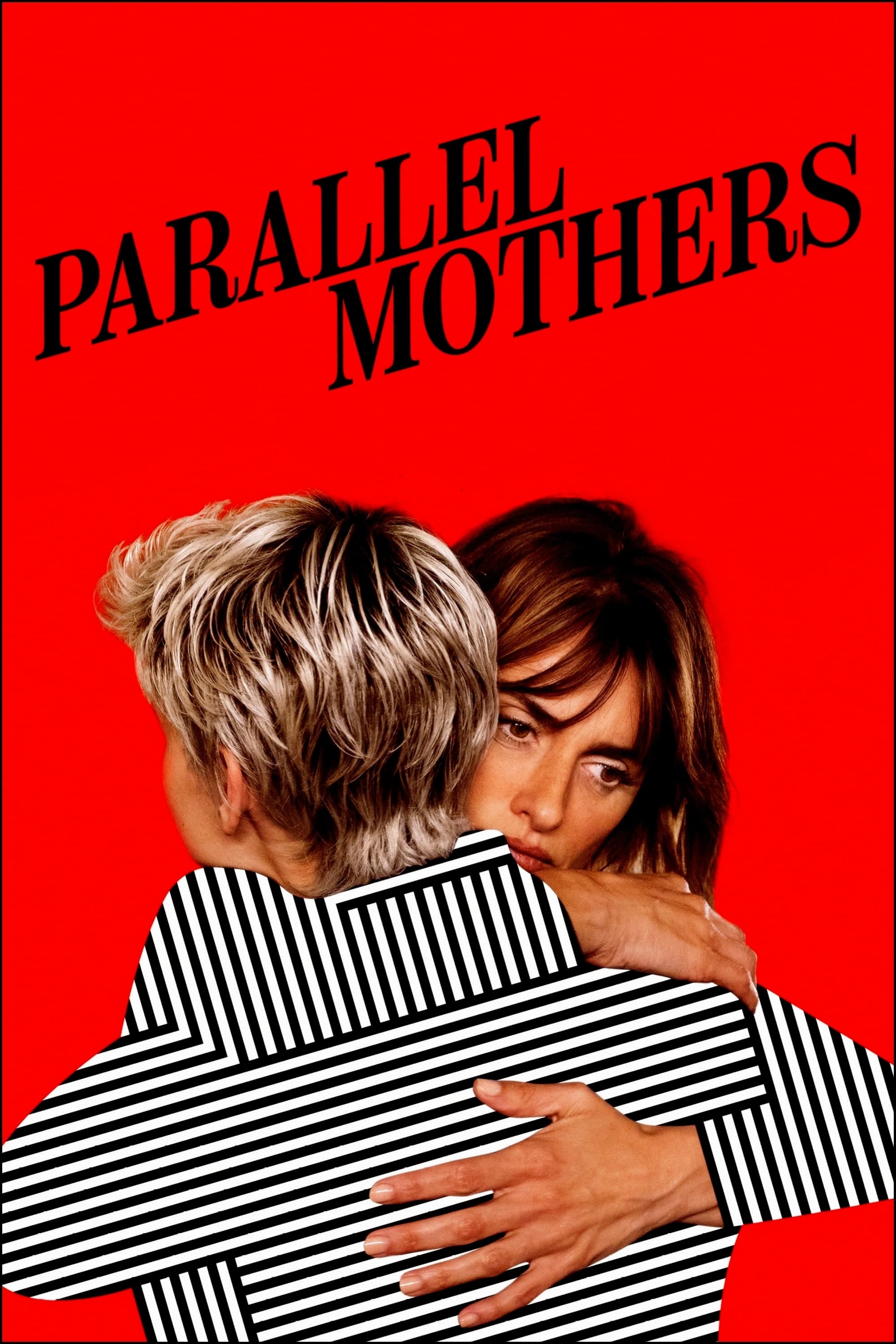
Two unmarried women who have become pregnant by accident and are about to give birth meet in a hospital room: Janis, in her late-thirties, unrepentant and happy; Ana, a teenager, remorseful and frightened.
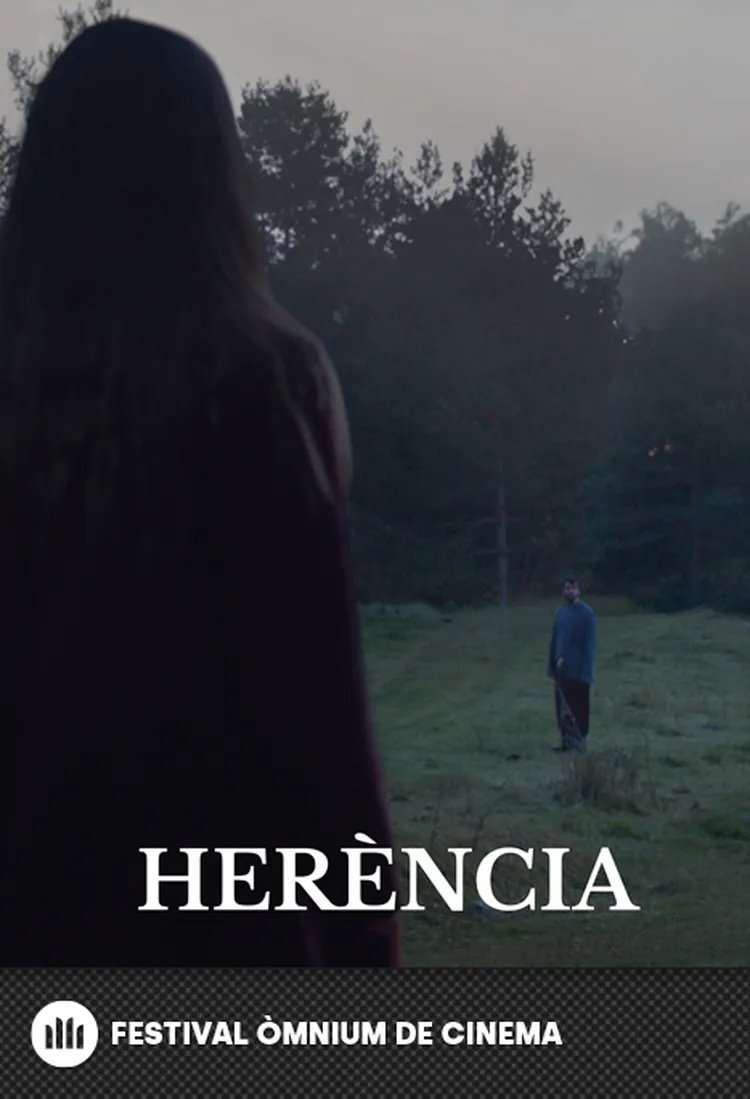
During the Spanish post-war period, an undertaker kills a person to collect money from the burial. The atrocities of the war and the acts of the past will come to light when a girl discovers the murder and starts blackmailing him.
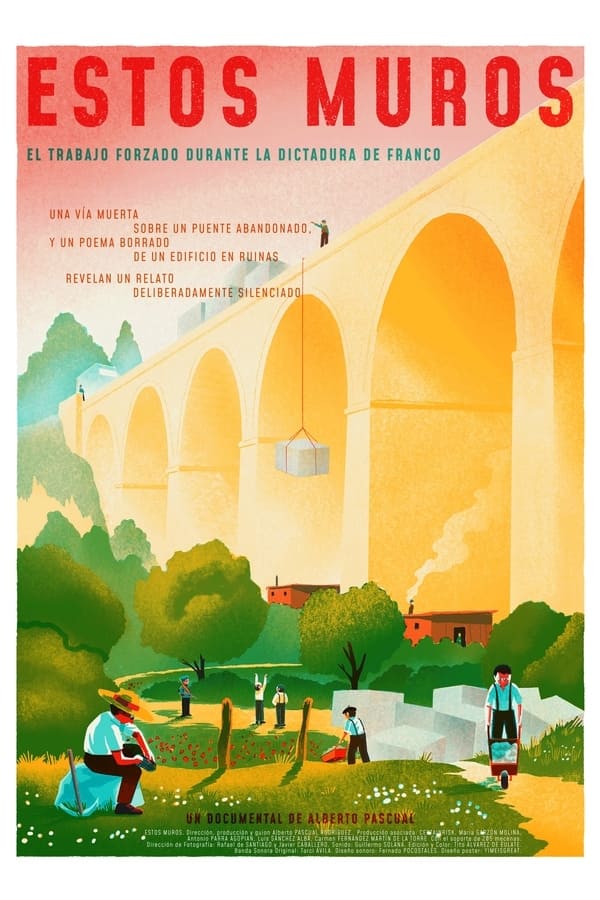
In the mountains of Madrid, Spain, a railway track on an abandoned bridge and a poem erased from the wall of a ruined building reveal a deliberately silenced story: the system established by Franco's dictatorship after the civil war (1936-39) that allowed hundreds of companies to use thousands of convicted Republicans as slave labor.
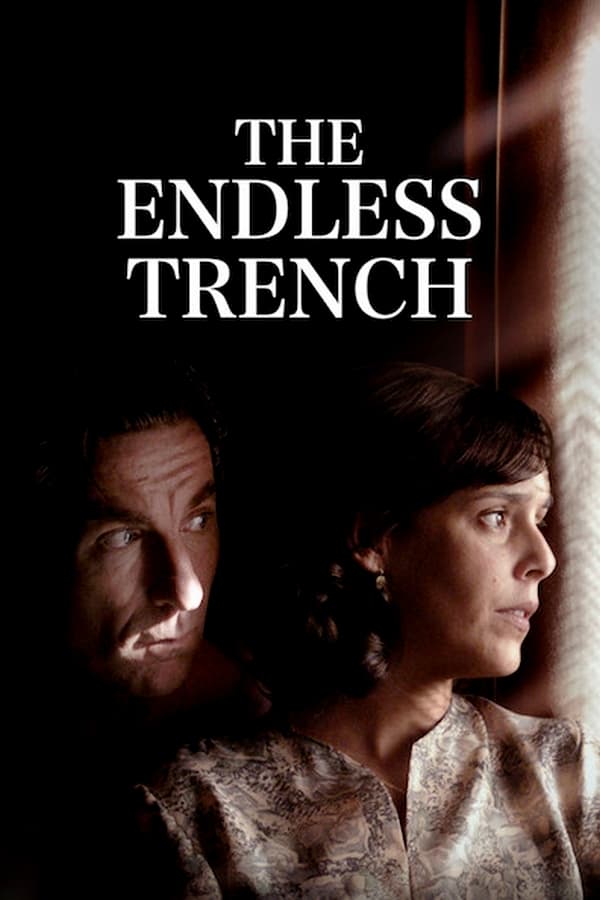
A small village in Huelva, Andalusia, Spain, 1936. Higinio and Rosa have been married only for a few months when the Civil War breaks out. Higinio, being afraid of possible reprisals from the rebel faction, decides to use a hole dug in his own house as a temporary hideout.

At the end of the Spanish Civil War, the members of a group of vaudeville performers have been stripped of everything: all they have left is hunger and the instinct to survive. Day after day, agonizingly, lost and helpless between the victors and the vanquished, the musician Jorge, the ventriloquist Enrique, the couplet singer Rocío and the orphan Miguel search tirelessly for something to eat and a safe place to live.

It symbolizes the experience of people without any political involvement who suffered repression in Franco's Spain.
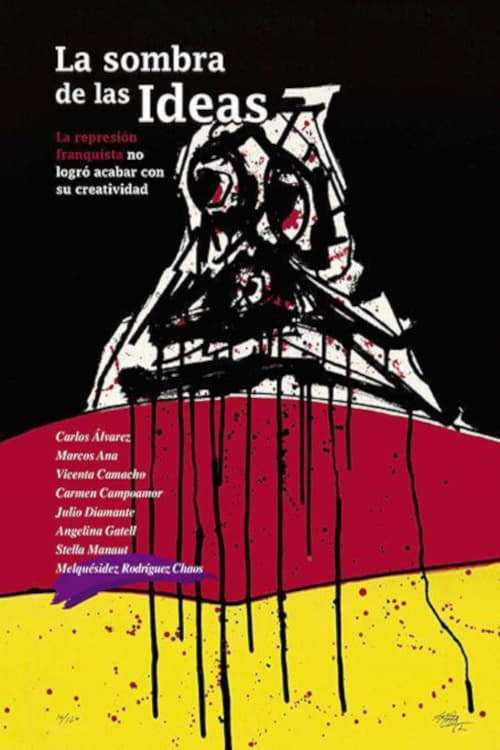
During the Franco regime, the prisons are filled with thousands of people with artistic ideals.
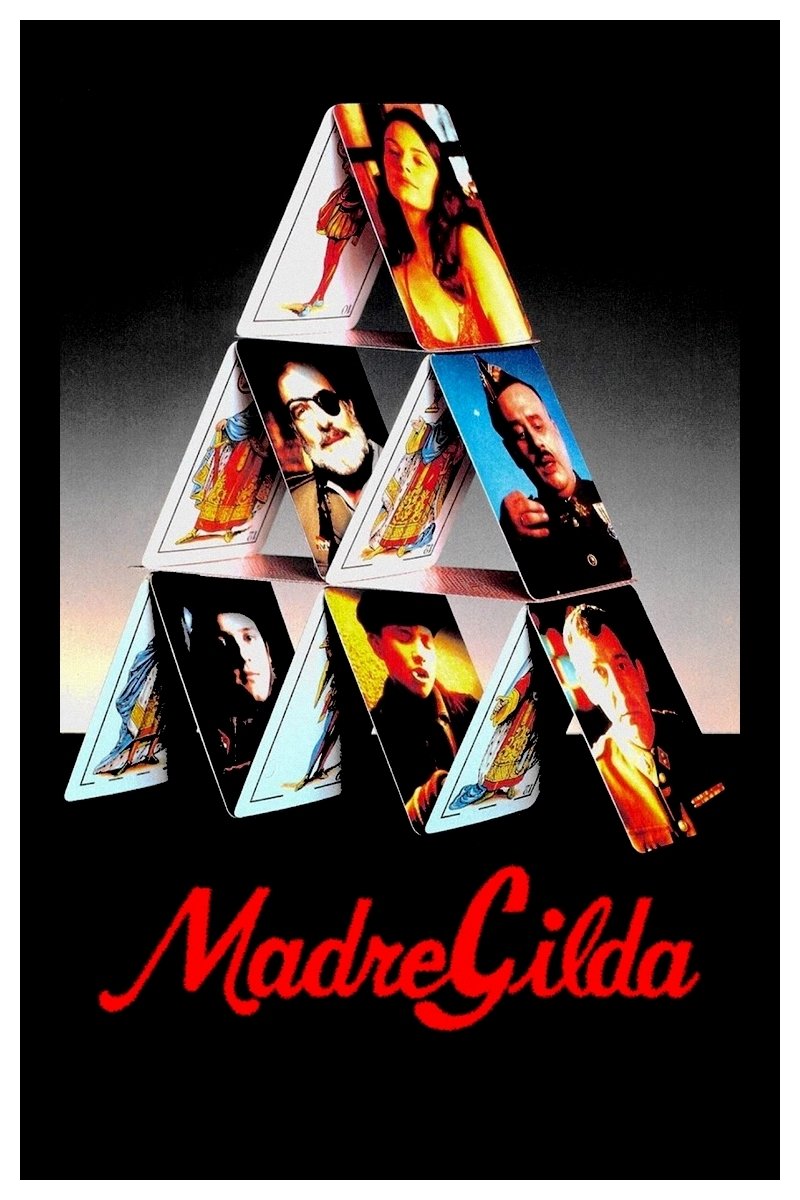
Madrid, Spain. On Monday, December 22, 1947, Charles Vidor's Gilda, starring Rita Hayworth and Glenn Ford, premieres. That same week, as every first Friday of the month, Hauma organizes a peculiar card game in an old tavern.
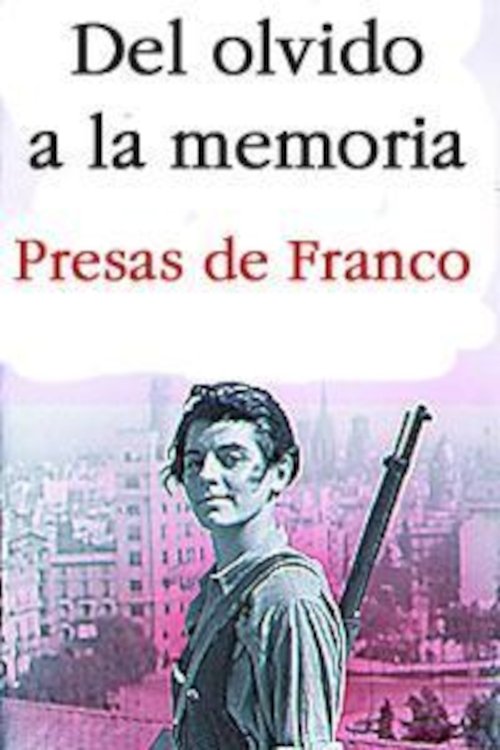
Documentary in which ten republican women remember their time in Franco's prisons. “Some put wedges in her nails; my sister-in-law has currents on her fingers and nipples; some have been raped”; “Since they hit first and then ask questions, they hit me.” “Baby, they have given us the death penalty. I told him: but, Virtudes, they will commute you!". These are some of the testimonies of ten Republican women in Franco's prisons that Tomasa Cuevas, a former member of the Communist Party, collected on an old recorder hidden in her bag so that they would not be lost in oblivion.
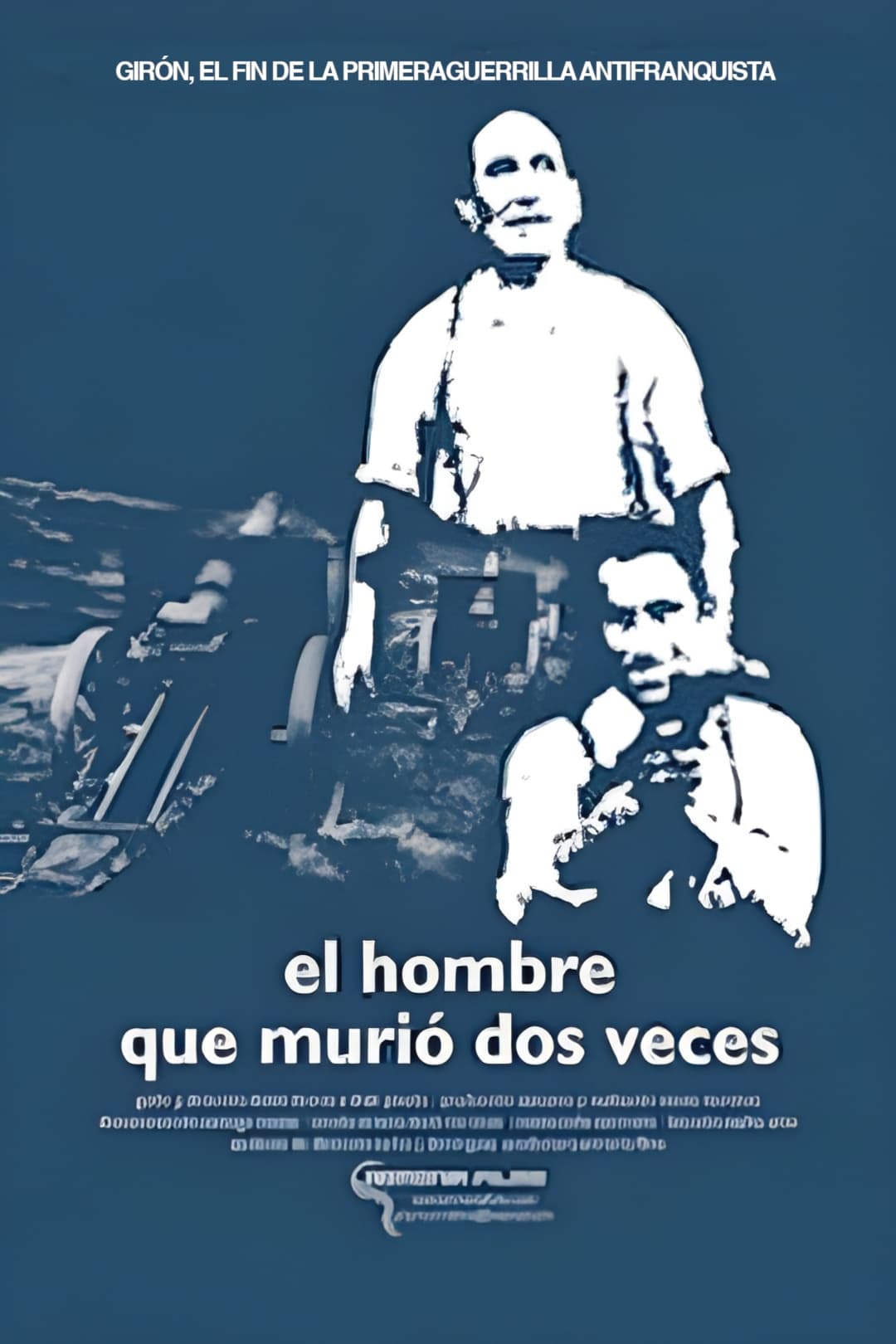
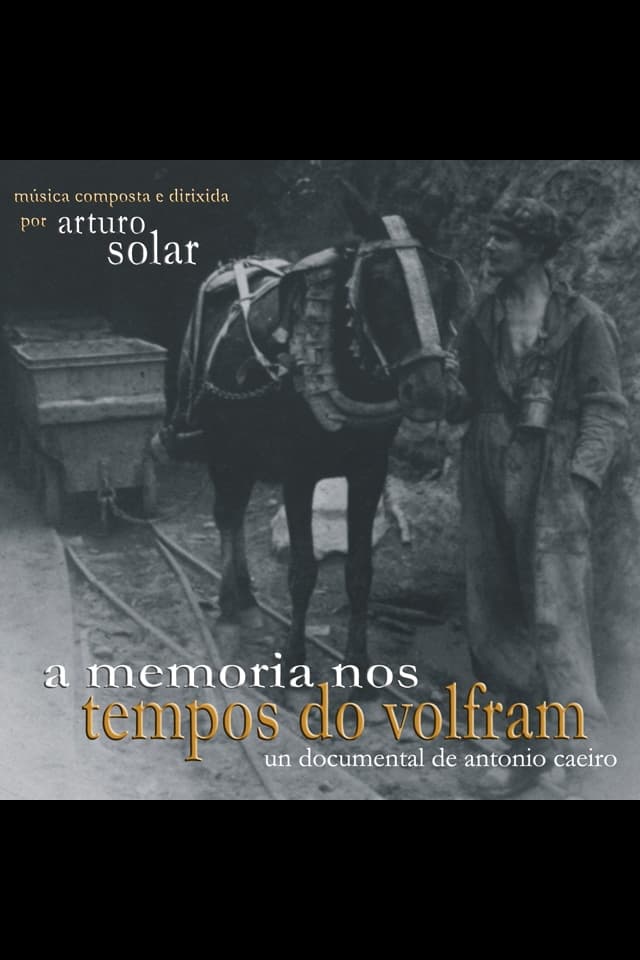
At the beginning of World War II, a mineral became necessary for the German state: wolfram. Galicia became “El Dorado” for many people who were looking for easy money and/or work in those hard years of the Spanish postwar. Miners, adventurers, guerrillas, civil guards, political prisoners, etc., lived together in the Galician mountains and intertwined their lives. This is the story of those people told by themselves.
By browsing this website, you accept our cookies policy.